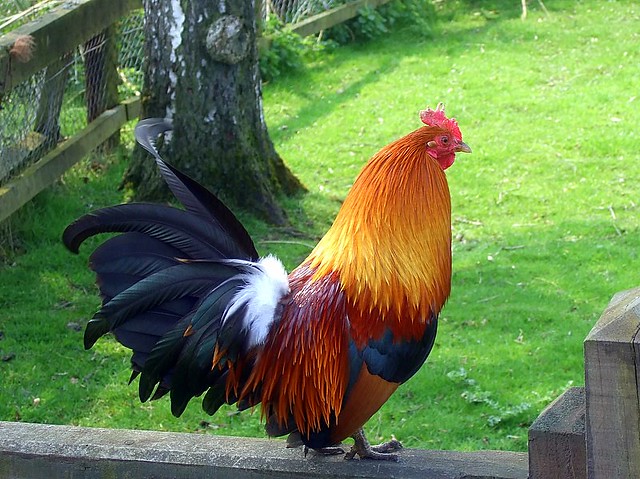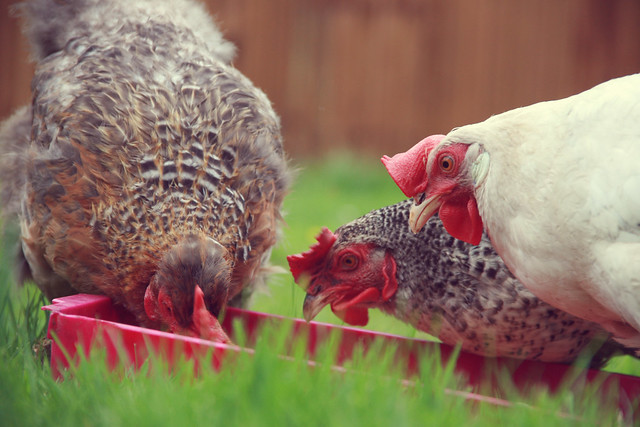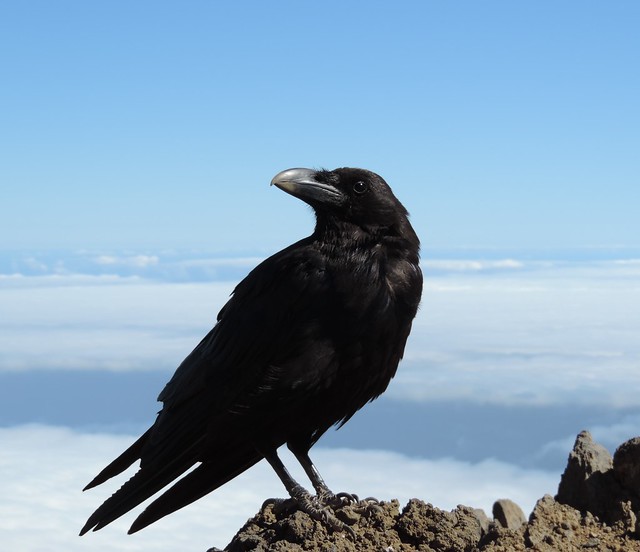Words for cockerel / rooster in Celtic languages.
| Proto-Celtic | *kalyākos = cockerel, rooster |
|---|---|
| Old Irish (Goídelc) | cailech [ˈkalʲex] = cockerel, rooster |
| Irish (Gaeilge) | coileach [ˈkalʲex / ˈkɛlʲəx / ˈkɛlʲax] = cockerel, rooster |
| Scottish Gaelic (Gàidhlig) | coileach [ˈkɤləx] = cockerel, rooster; male bird of any species; male lobster; coilich = cockerels, etc; eddies, rapids, white water |
| Manx (Gaelg) | kellagh = cock(erel), cock (of anchor), rooster, cock bird |
| Proto-Brythonic | *kėljọg [ke̝lˈjɔːɡ] = cockerel, rooster |
| Middle Welsh (Kymraec) | keylyauc, keilyawc = cockerel, rooster |
| Welsh (Cymraeg) | ceiliog [ˈkei̯ljɔɡ / ˈkei̯ljɔɡ] = cock(erel); plucky person; weather-cock; cock of gun; water-cock; clevis of a plough, plough-cock; snack taken by quarrymen to their work |
| Old Cornish | chelioc = cockerel, rooster |
| Middle Cornish | kullyek = cockerel, rooster |
| Cornish (Kernewek) | kulyek = cockerel, rooster |
| Middle Breton | kilhog = cockerel, rooster |
| Breton (Brezhoneg) | kilhog [ˈkiljok] = cockerel, rooster |
Etymology: from the Proto-Indo-European *kerkos [source].
Words marked with a * are reconstructions.
Sources: Wiktionary, Am Faclair Beag, MacBain’s Dictionary, In Dúil Bélrai English – Old-Irish Glossary, teanglann.ie, On-Line Manx Dictionary, Geiriadur Prifysgol Cymru, Gerlyver Kernewek, Dictionnaire Favereau











